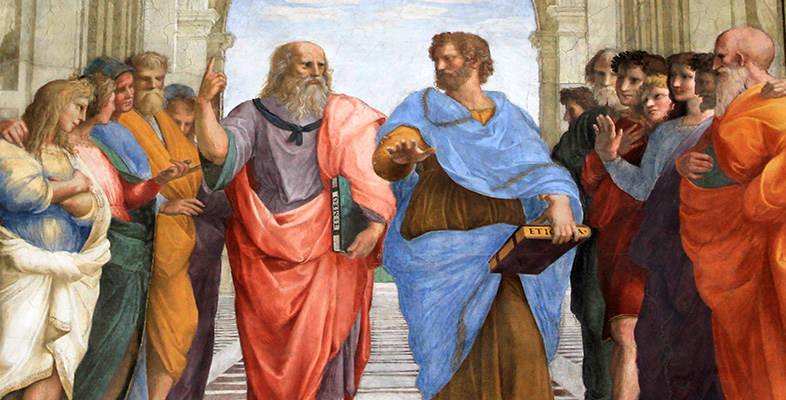4 Enlightenment, religion and morality
4.1 Constant human nature
Just as with other natural phenomena, Enlightenment thinkers came to the conclusion as a result of observation that human nature itself was a basic constant. In other words, it possessed common characteristics and was subject to universal, verifiable laws of cause and effect. As Hume put it:
Mankind are so much the same, in all times and places, that history informs us of nothing new or strange in this particular. Its chief use is only to discover the constant and universal principles of human nature …
(Hume, 1975, p. 83)
Hume was not consistent on this point, and his later writings suggest an essential difference between western and ‘other’ varieties of human nature. Nor did he view female nature in the same light as male. It was also widely accepted that human behaviour and the human condition were susceptible to environmental and educational influence. The desire for moral reform was supported by a belief in universally valid moral standards. The philosophes were confident that it was possible to identify virtue and vice, right and wrong, in a way that may seem alien to us today. If it was possible to discover universal laws that governed the physical workings of the universe, the same, they concluded, applied to the world of morality. In his Enquiry Concerning the Principles of Morals (1751), Hume confidently declared:
The end of all moral speculation is to teach us our duty; and, by proper representations of the deformity of vice and beauty of virtue, beget corresponding habits, and engage us to avoid the one, and embrace the other.
(Hume, n.d., p. 409)
Summary point: Enlightenment thinkers believed that the basic principles underlying human nature were constant; they also believed that the human condition was susceptible of improvement. They felt it possible to formulate clear moral absolutes or universal standards.
This is one of the main sources of distinction between the Enlightenment and post-Enlightenment eras: later thinkers would be less confident about identifying a uniform human nature or clear moral absolutes. Mungo Park followed Hume in demonstrating, on the basis of his own experience as an explorer, that Africans conformed to a universal human nature rather than being fundamentally different from Europeans, as was contended by many of those engaged in the highly lucrative slave trade. Park's exploration of ‘the dark continent’ achieved much in changing attitudes on this subject. In general, there was a pervasive faith in the potential to discover the laws governing human behaviour and morality. It is possible to see the Enlightenment mindset at work even in works such as Mozart's Don Giovanni, which is open to several interpretations. This opera was influenced by a high art tradition of serious opera or opera seria in which characters overcome their flaws and achieve moral greatness. Commonly in tragedy the theme was the triumph of duty over love or passion. The chief character in Don Giovanni (Don Giovanni himself) does not even attempt this exercise, and is finally punished in a way that suggests the existence of moral absolutes. The opera's alternative title is The Rake Punished.
